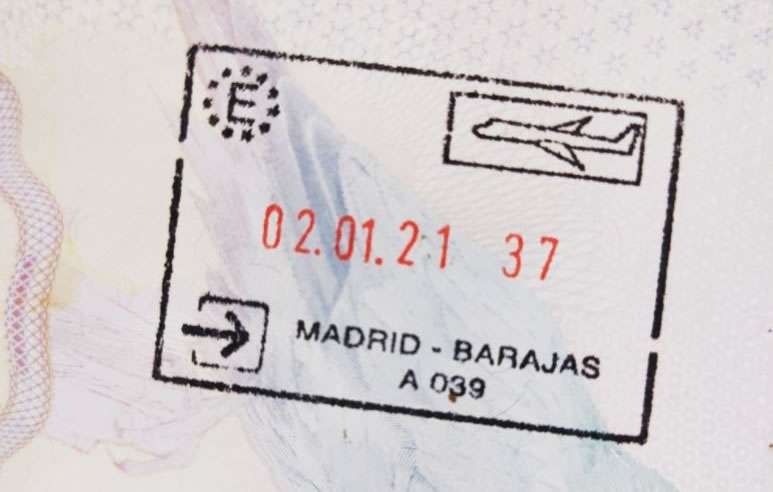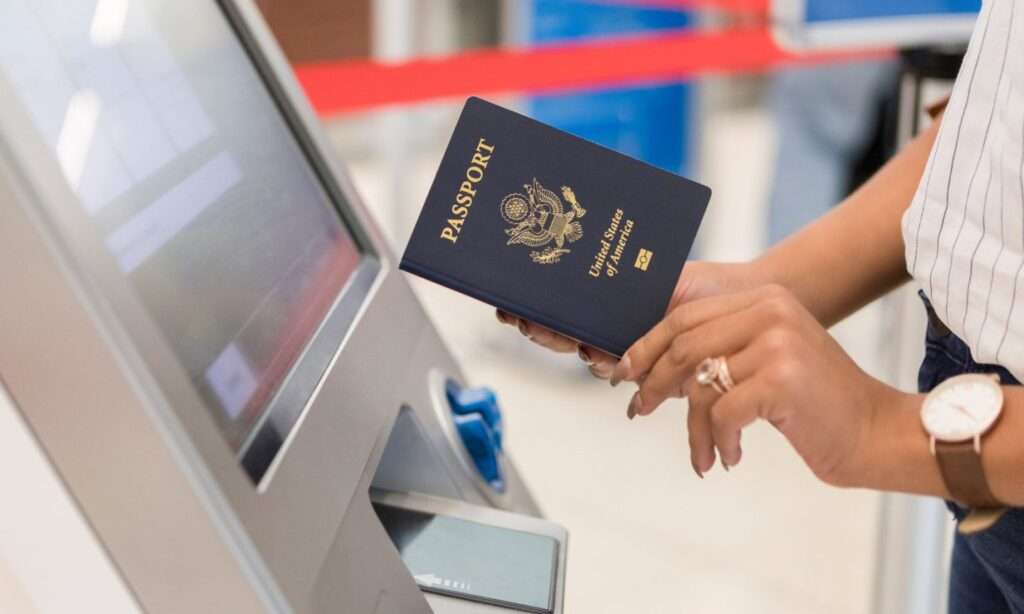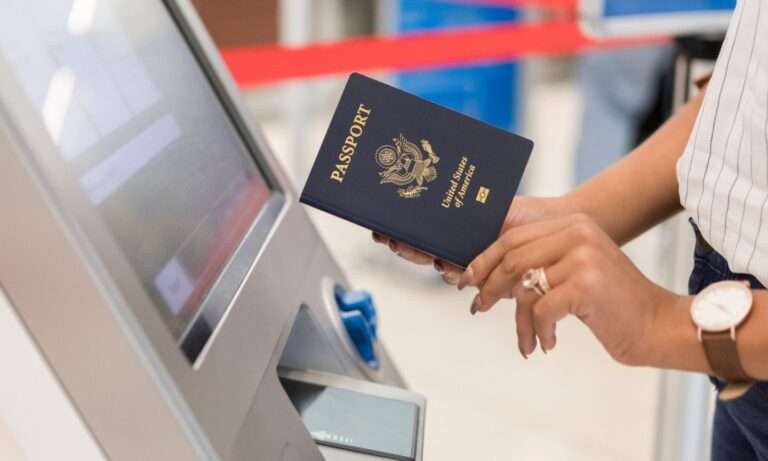Traveling to another country is an exciting experience, but for individuals with a felony conviction, it can also be accompanied by uncertainty and anxiety. Questions around travel restrictions, entry requirements, and potential legal complications often come up. If you’re a felon thinking about a trip to Spain, this detailed guide will walk you through everything you need to know to make informed decisions and increase your chances of a smooth and enjoyable journey.

Can Felons Travel to Spain?
The straightforward answer is yes, felons can travel to Spain. However, the situation isn’t entirely black and white. Several factors can influence your ability to enter Spain, including the type of felony, how long ago the conviction occurred, whether you have any outstanding legal issues and the specific policies of the country you’re traveling from.

Spain’s Entry Requirements and the Schengen Area
Spain is part of the Schengen Area, a group of 27 European countries that have eliminated passport controls at their mutual borders, allowing for relatively free movement within the area. If you’re a citizen of a country that enjoys visa-free travel to the Schengen Area (like the United States, Canada, or Australia), you can visit Spain for up to 90 days within a 180-day period without needing a visa. However, it’s important to note that while Spain doesn’t explicitly ban felons from entering, the final decision lies with the border control authorities.
- No Visa Required for Short Visits (for U.S. Citizens and Others): If you’re a U.S. citizen, you don’t need a visa for short stays in Spain, but you will need a valid passport. Starting in 2024, however, the ETIAS (European Travel Information and Authorization System) visa waiver will be required. This process includes a background check, which could flag certain felony convictions. It’s a good idea to apply early and be prepared for any potential issues. Tip: Need to renew your passport or get a new one quickly? Consider using RushMyPassport. They offer expedited passport services, which can be especially helpful if your travel plans are time-sensitive.
- Passport Validity: Spain requires that your passport be valid for at least three months beyond your intended stay. This is a common requirement in the Schengen Area, and it’s important not to overlook this detail. If your passport doesn’t meet this requirement, you could be denied entry. Tip: If your passport is nearing its expiration date, use RushMyPassport to expedite your passport renewal and ensure it’s valid for your trip.
- Criminal Record Checks: While Spain does not automatically check the criminal records of all visitors, the ETIAS system and border control officers have the discretion to do so. If your name raises any red flags, you could be subject to additional questioning or even denied entry if the authorities believe you pose a threat to public safety.
- Outstanding Legal Issues: It’s crucial to resolve any outstanding legal matters before attempting international travel. If you have an active warrant, are on probation, or have other unresolved legal issues, you may not be allowed to leave your home country, let alone enter Spain.

Preparing for Your Trip: How to Increase Your Chances of Entry
Given that entry isn’t guaranteed, even for those with a clean record, preparation is key for felons planning to travel to Spain. Here are some steps you can take to improve your chances of a smooth entry into the country:
- Obtain Necessary Documentation: If your felony conviction involves serious crimes such as drug trafficking, terrorism, or violent offenses, it’s wise to carry documentation that shows you have completed your sentence, are no longer on probation or parole, and have been rehabilitated. A letter from your probation officer or official court documents can be beneficial in demonstrating that you’re not a risk to public safety.
- Consult an Attorney: Before making any travel plans, it’s highly recommended to consult with an attorney who specializes in immigration or criminal law. They can provide personalized advice based on your specific circumstances and help you understand any potential risks.
- Be Honest with Authorities: If asked about your criminal record by immigration officers, honesty is the best policy. Lying about your past can lead to immediate denial of entry or even a ban from Spain. While it may feel daunting, being upfront about your past will generally work in your favor, especially if your felony is not related to crimes of significant concern to Spain.
- Travel Insurance with Legal Assistance: Consider purchasing travel insurance that includes legal assistance. In the unlikely event that you face legal issues while in Spain, this type of coverage can be a lifesaver, providing you with legal support and advice. Tip: Don’t forget to ensure your passport is in order well in advance of your trip. If you need a new passport or need to renew an old one, RushMyPassport offers expedited services to help you meet your travel deadlines.

At the Border: What to Expect When You Arrive in Spain
Upon arriving in Spain, you’ll go through passport control, where an immigration officer will check your passport and might ask a few routine questions about your visit. They might inquire about your criminal record, especially if they conduct a background check using the ETIAS system (once implemented). Here’s what you should be prepared for:
- Standard Questions: Be ready to answer questions about the purpose of your visit, how long you plan to stay, and where you will be staying in Spain. These are standard questions that all travelers might face.
- Possible Criminal Record Inquiry: While not always the case, there’s a chance the immigration officer might ask about your criminal history. Be truthful and present any necessary documentation that supports your case if required.
- Final Decision by the Officer: Remember, the final decision to allow entry rests with the immigration officer at the border. Even if you’ve prepared thoroughly, there’s always a small chance you could be denied entry, so it’s best to remain calm, cooperative, and transparent throughout the process.

Special Considerations: Traveling to Spain While on Probation or Parole
If you’re currently on probation or parole, international travel is generally more complicated. You will need explicit permission from your probation or parole officer to leave the country. Failing to obtain this permission can result in serious legal consequences, including being re-incarcerated for violating the terms of your release.
If you do receive permission to travel, it’s a good idea to carry a letter from your probation officer stating that you are authorized to leave the country and travel to Spain. This document can be invaluable if you’re questioned at the border.

Can Felons Live in Spain?
For those considering relocating to Spain, rather than just visiting, the process is more complex and involves stricter requirements. Spain offers various visa options, including student visas, work visas, and residency visas, but each typically requires a background check.
- Visa Requirements: When applying for a visa to live in Spain, your criminal history will likely be scrutinized more closely than for a short visit. Non-violent felonies that occurred many years ago might not disqualify you from obtaining a visa, especially if you can demonstrate rehabilitation.
- Residence Permit: If you plan to stay in Spain long-term, you’ll need to apply for a residence permit, which involves a more thorough background check. Some felons have successfully moved to Spain, but it largely depends on the nature of the felony, your current legal standing, and the discretion of Spanish authorities.

Final Thoughts On Felons Traveling To Spain
Traveling to Spain as a felon is indeed possible, but it requires careful planning and a clear understanding of the potential challenges you may face. While Spain does not have an outright ban on travelers with felony convictions, the nature of your felony, any outstanding legal issues, and your preparedness will play significant roles in your ability to enter the country.
Always be honest, seek legal advice when necessary, and make sure all of your documentation is in order before you travel. With the right preparation, you can enjoy a stress-free visit to Spain, and experience its rich culture, history, and scenery.
Tip: Make sure your passport is valid and up to date well before your departure. If you need to expedite the process, RushMyPassport offers reliable services to help you secure your passport quickly, so you’re all set for your journey to Spain.
By following these guidelines and being fully prepared, you’ll significantly increase your chances of having a stress-free experience in Spain.
Safe Travels!






